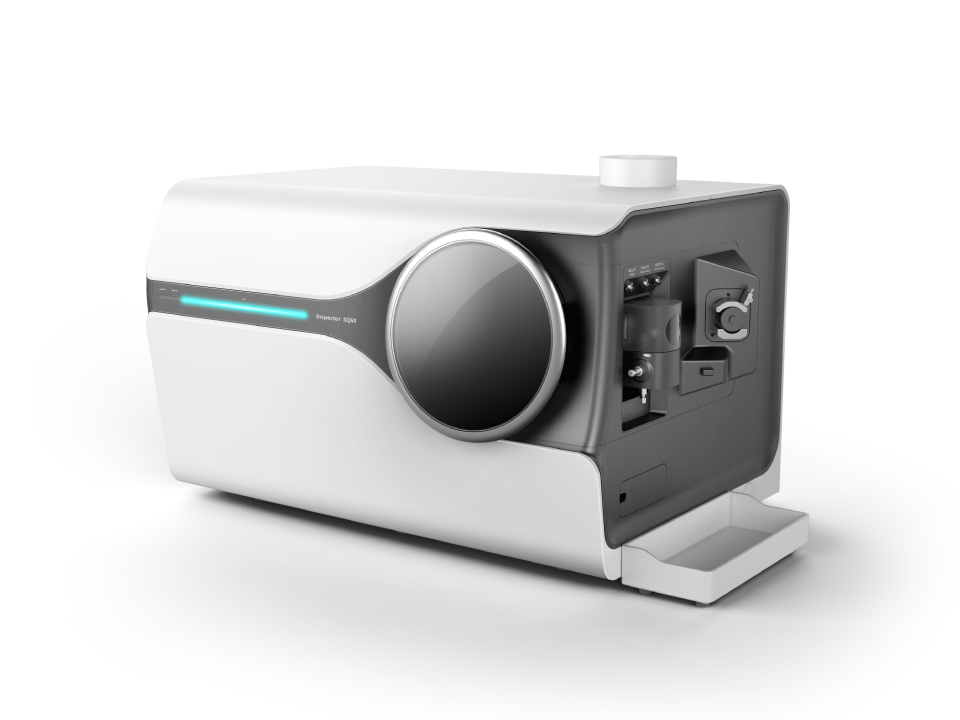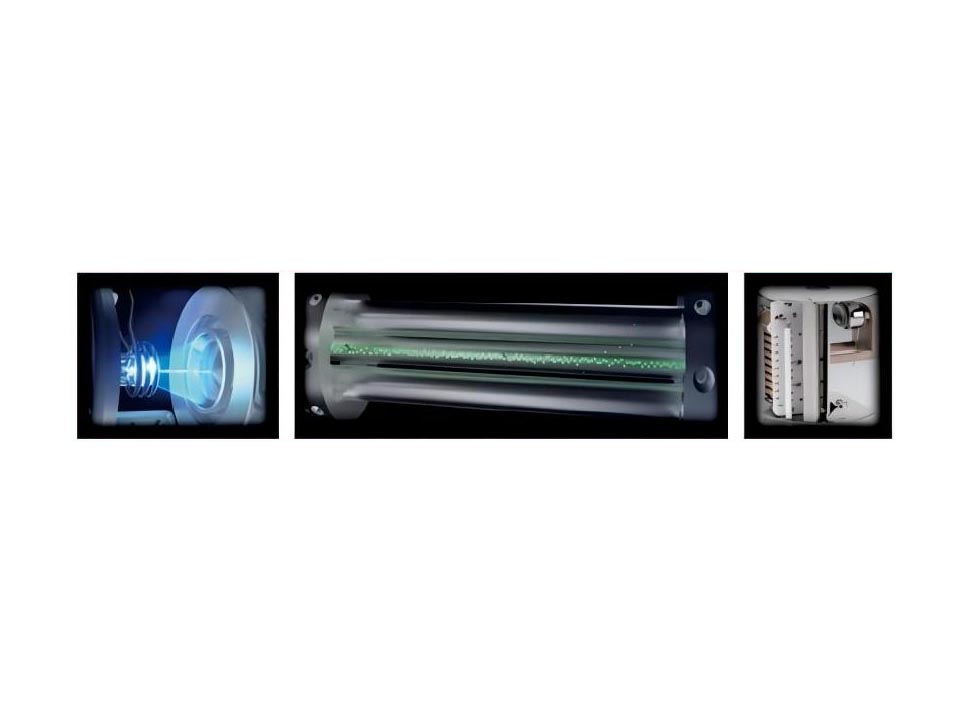Faster Turnaround: Accelerates analysis workflows without compromising data quality, enabling high-throughput laboratories to increase productivity.
Enhanced Interference Elimination: The patented collision/reaction cell technology neutralizes spectral interferences, ensuring accurate quantification even in complex matrices—from high-salt biological fluids to industrial wastewaters.
Robust Performance: A stabilized ICP ion source and optimized sampling system ensure consistent results across runs, reducing variability and rework.
Flexibility: Adaptable to diverse sample types, from ultra-pure reagents to viscous biological samples, making it a single solution for multi-disciplinary labs.



